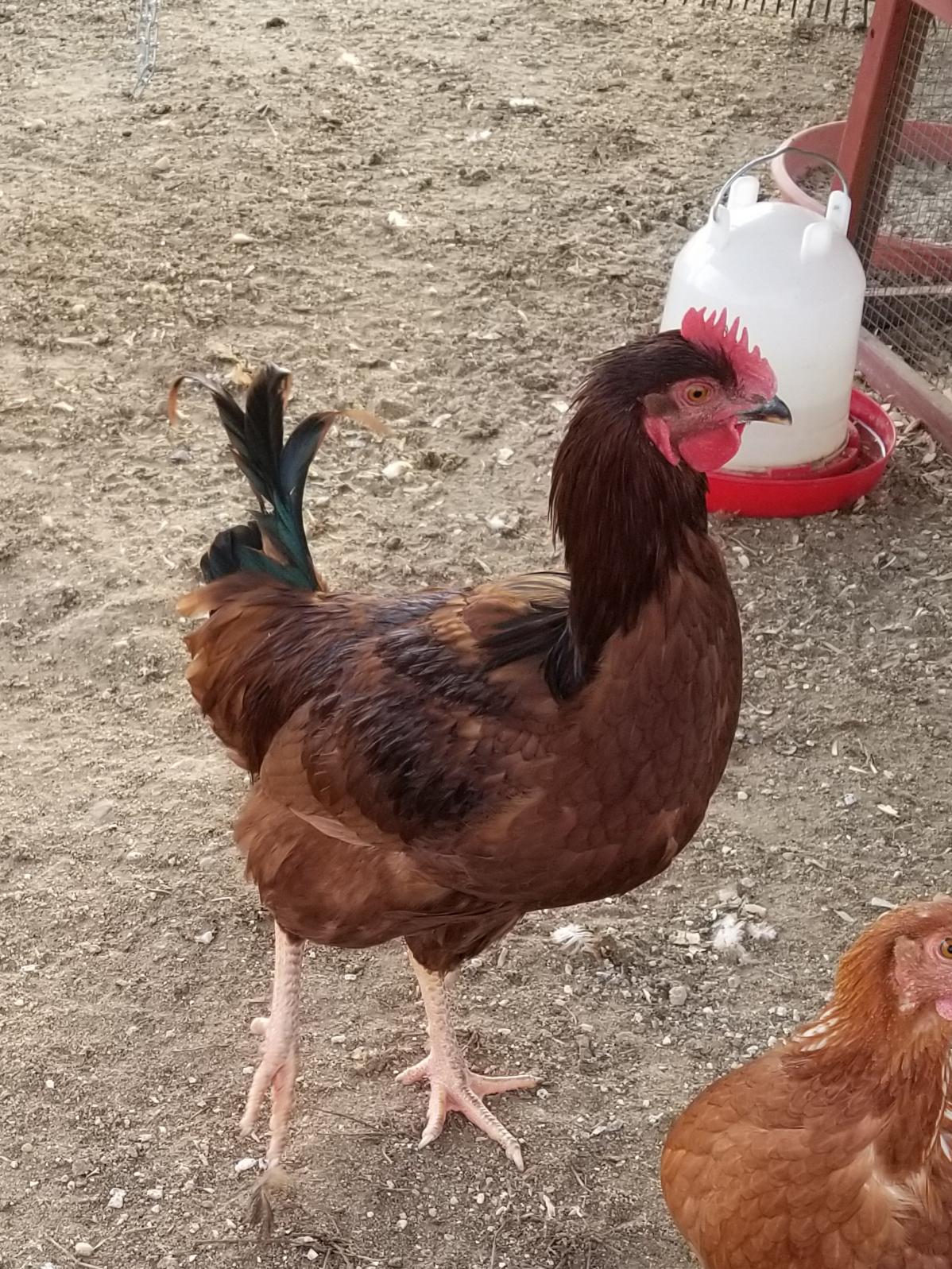If you are a chicken-lover and have recently added a 2 month old rooster to your flock, you may be wondering how to properly care for him. Roosters at this age require a lot of care and attention in order to ensure they grow up healthy. In this article, we will discuss the basics of chicken husbandry and how to care for a 2 month old rooster.
Factors to Consider When Caring for a 2 Month Old Rooster
Nutrition: The primary dietary needs of a 2 month old rooster are protein and calcium. A high quality poultry feed with at least 20% protein should be provided. If the feed is lacking in calcium, supplement with crushed oyster shells or ground egg shells.
Housing: The housing for a 2 month old rooster should be secure and free of drafts. The coop should be cleaned regularly and bedding should be changed every few days. If the rooster is housed with other chickens, make sure there is enough space for them to roam and plenty of food and water.
Safety: Roosters can be territorial, so it’s important to ensure the safety of the rooster and its surroundings. Keep an eye on the rooster to make sure it’s not harassing or attacking other chickens or pets. Make sure the coop is secure and that there is no way for predators to get in.
Health Care: It’s important to keep a close eye on the health of your 5 month old rooster. Watch for signs of illness such as ruffled feathers, sneezing, coughing, or lethargy. Make sure to take the rooster to a qualified vet if any signs of illness present themselves.
Grooming: Roosters need regular grooming to keep their feathers in good condition. Brush the rooster’s feathers several times a week to remove dirt and debris. In addition, check the rooster’s feet and beak for any signs of damage or irritation.
Feeding Requirements
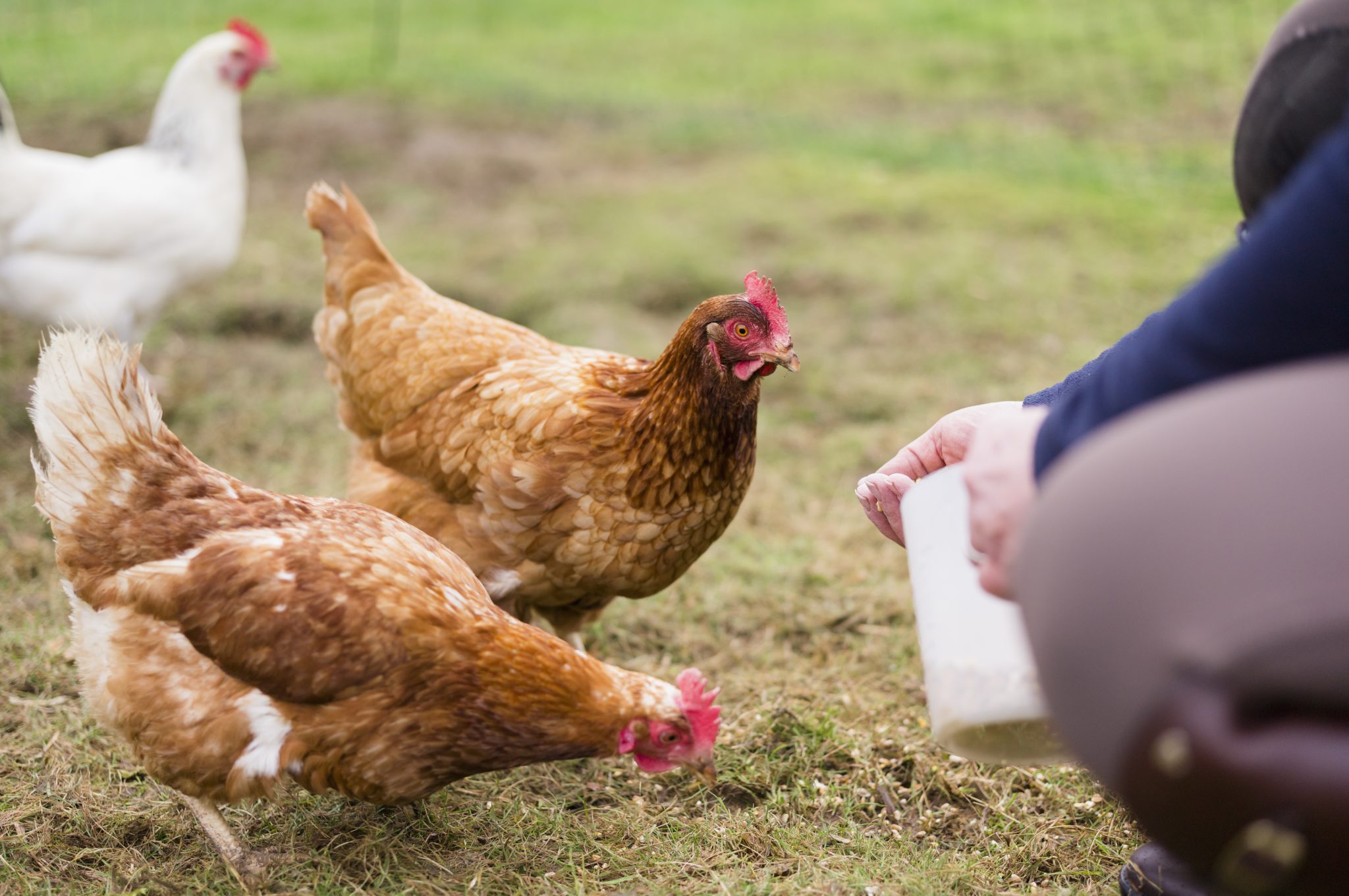
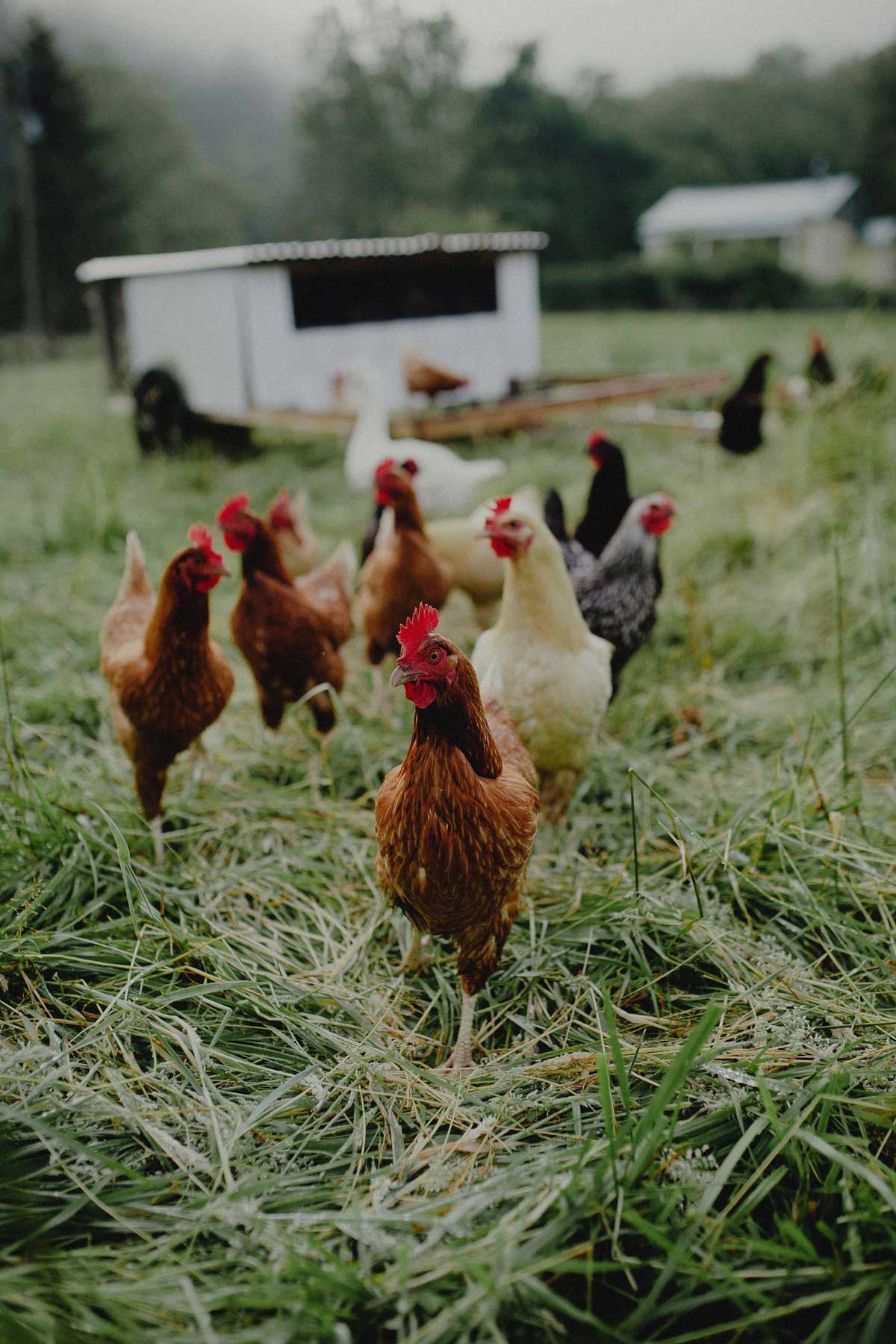
At 2 months old, a rooster will require a diet designed for a 4 month old rooster. This diet should consist of high-quality, non-medicated poultry starter feed, as well as grit and oyster shell for extra calcium. Offer the rooster fresh fruits and vegetables as treats. Make sure to always provide access to fresh, clean water.
Roosters should be fed twice per day, at a rate of 1/3 to 1/2 cup of feed per day. Adjust the amount of feed if the rooster appears to be overweight or underweight. If a rooster is overweight, decrease the amount of feed slightly. If the rooster is underweight, increase the amount of feed slightly.
Also, make sure to provide plenty of fresh food, as well as treats, such as mealworms and sunflower seeds. This will help to keep the rooster healthy and happy.
It is important to monitor the rooster’s diet and adjust it as necessary. A well-balanced diet is essential for a healthy and happy rooster.
Housing Requirements
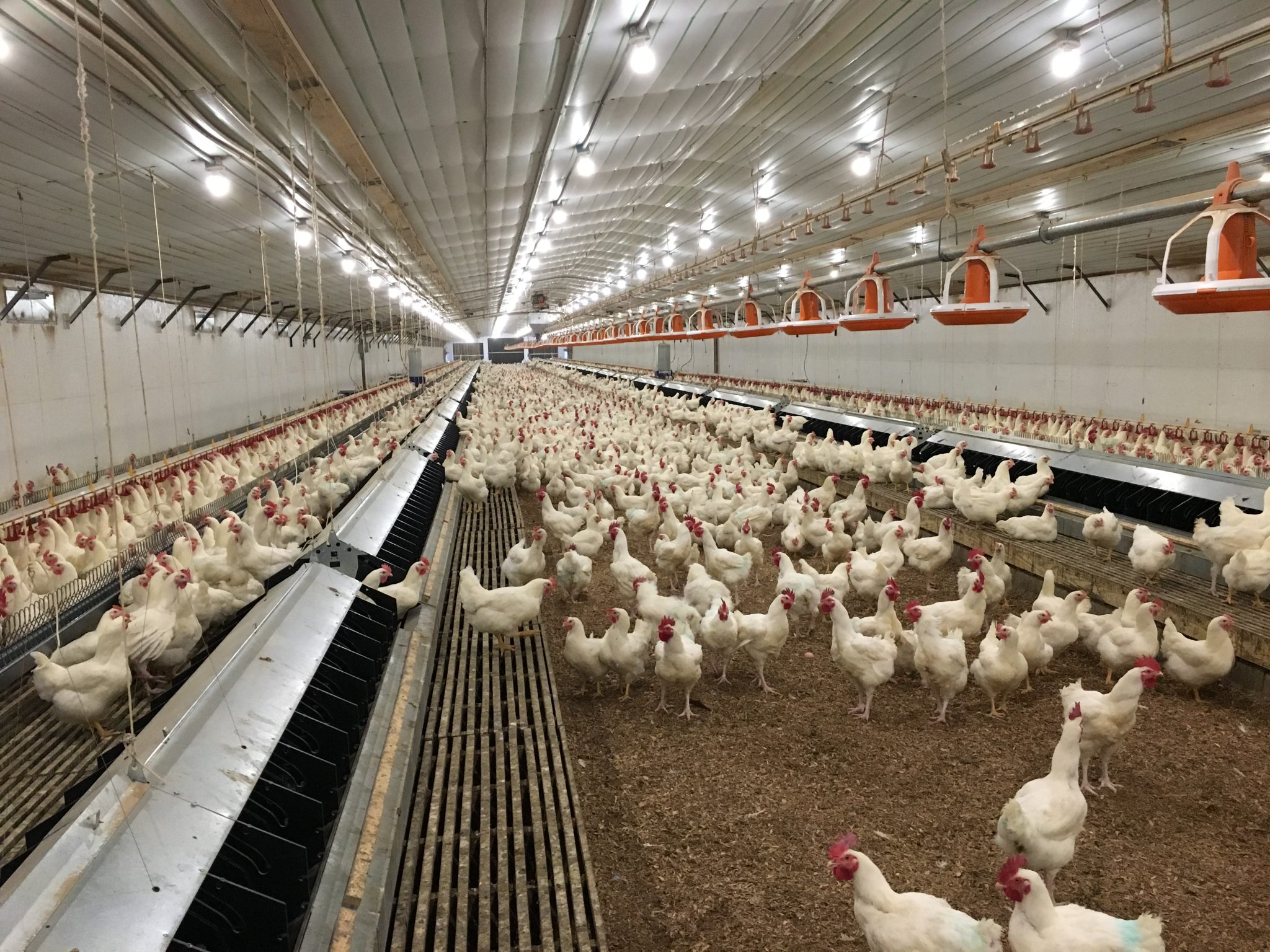
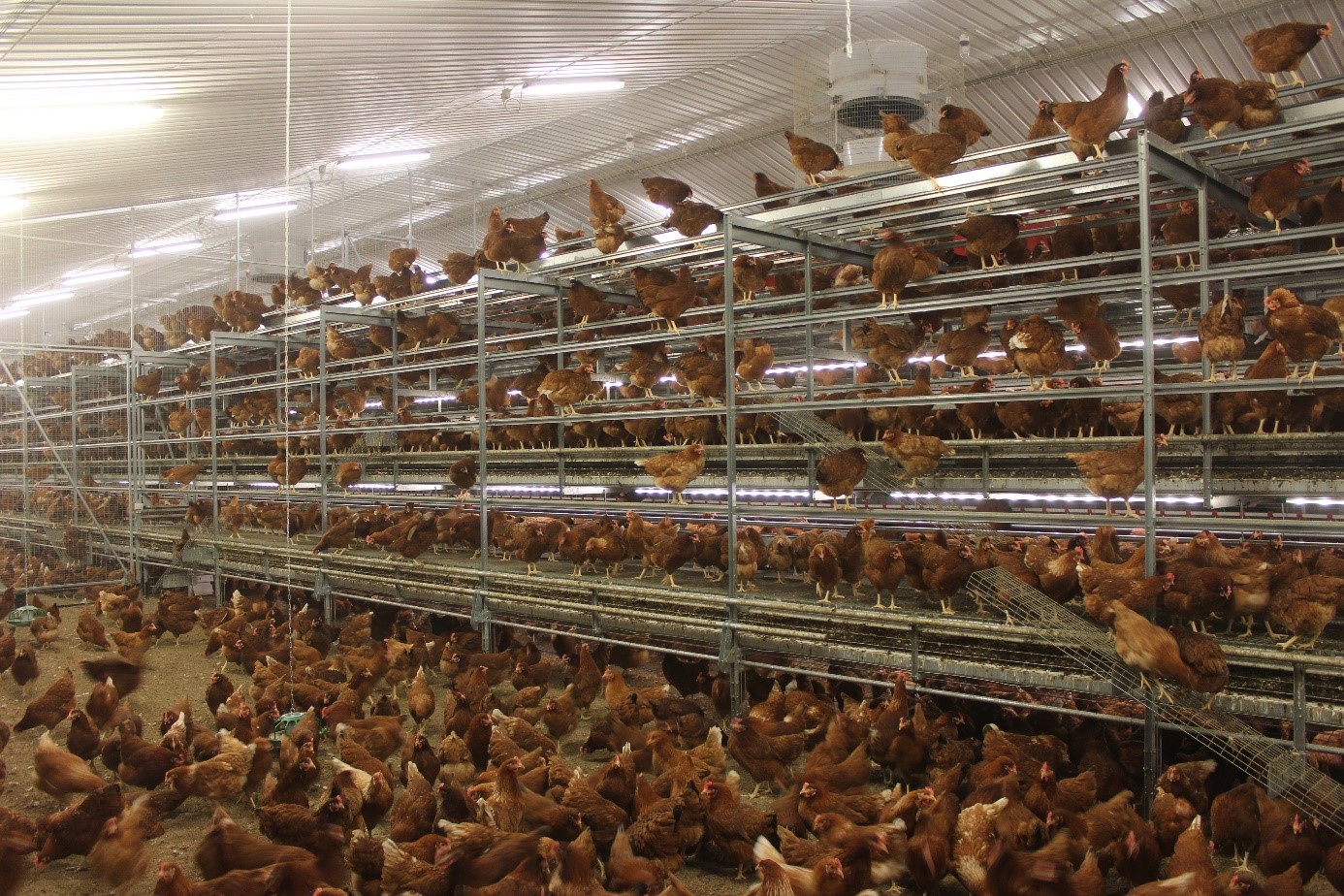
A 2-month-old rooster requires a secure enclosure that provides adequate space for the bird to move, stretch its wings, and explore. The enclosure should be predator-proof; it should also be well-ventilated and kept in a dry, clean, and predator-proof environment. The enclosure should be large enough to accommodate the rooster’s growth, and should include a secure roosting area. The rooster should also have access to shade, shelter, and food.
Health Considerations
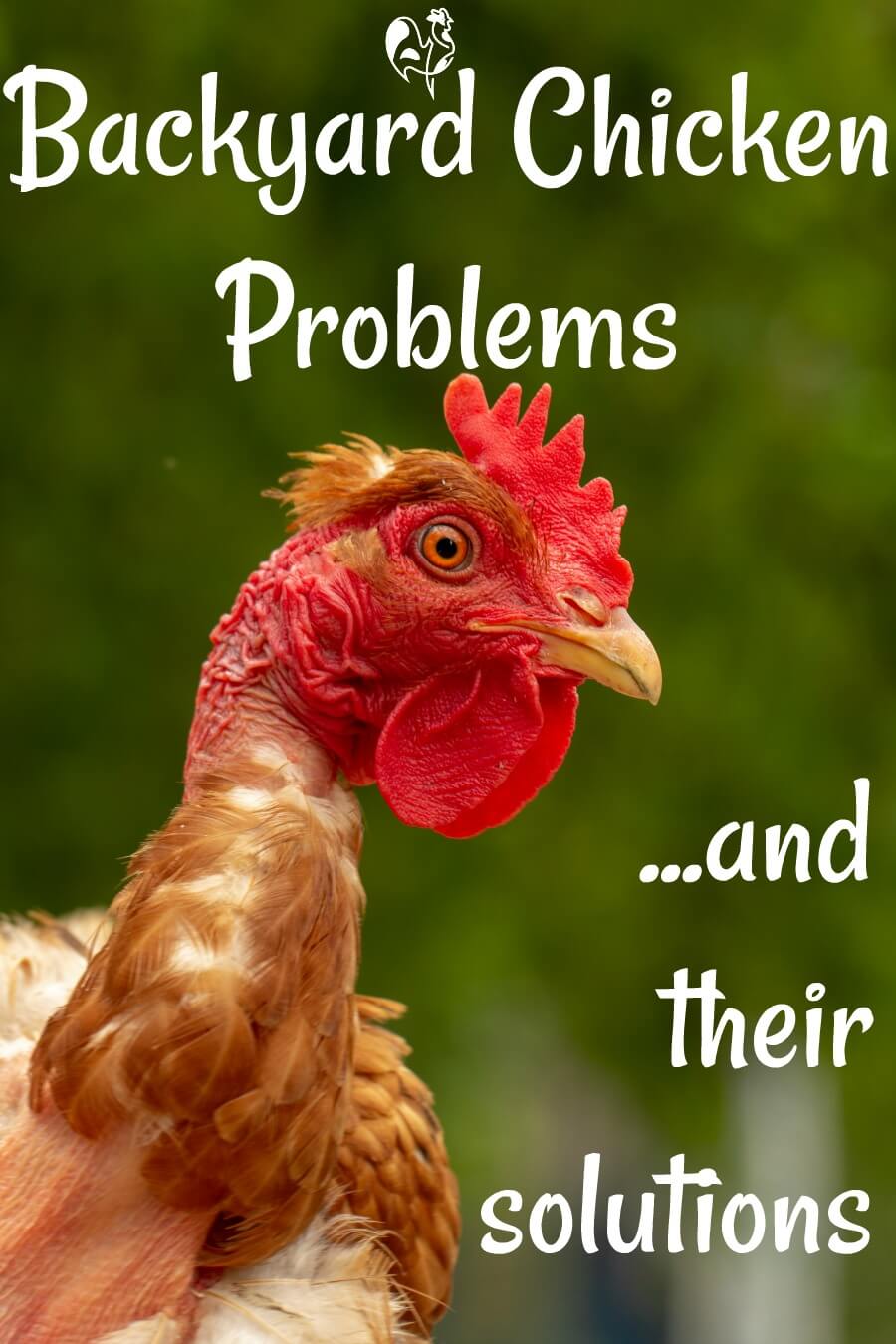
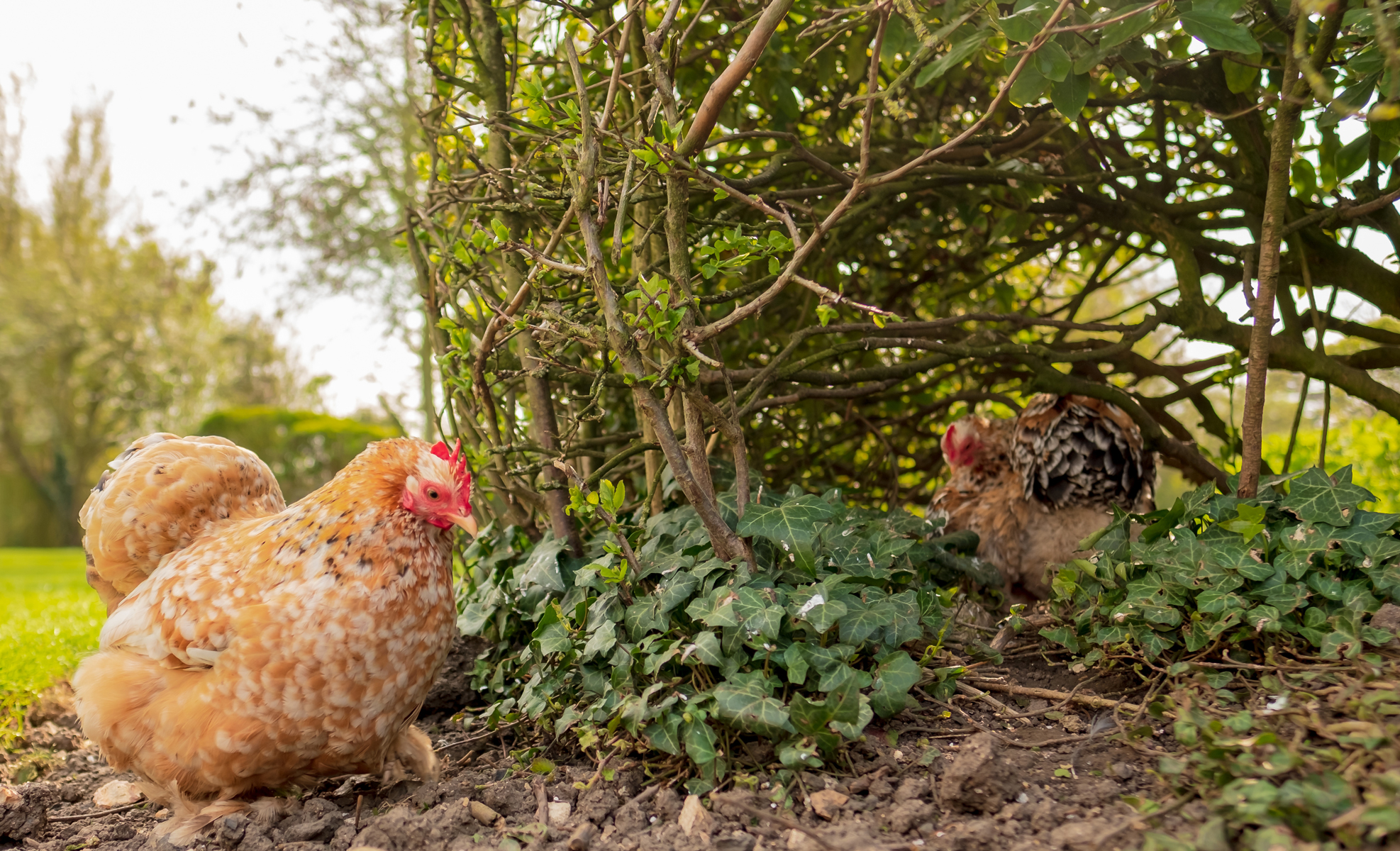
At two months, your rooster should be healthy and active. It is important to check for any signs of illness, such as coughing, sneezing, and reduced energy levels, as well as any changes in behavior. Monitor for any lumps or bumps on the body, as well as any changes in the bird’s droppings. Additionally, it is important to watch for over-pecking or bullying by other birds. If any of these signs present themselves, it is important to take the appropriate steps to address the issue.
Parasites can also become an issue, particularly in crowded or unsanitary environments. Regularly inspect your rooster for any external parasites such as lice or mites. Additionally, keep an eye out for any internal parasites, such as worms, by observing the droppings. If any parasites are found, contact a veterinarian for advice on how to treat the issue.
Finally, ensure that your rooster has access to fresh, clean water and a balanced diet. This will help ensure that your rooster remains in good health and is able to reach its full potential.
Comparing Care Requirements for a 2 Month Old Rooster to Those of a 5 and 4 Month Old Rooster
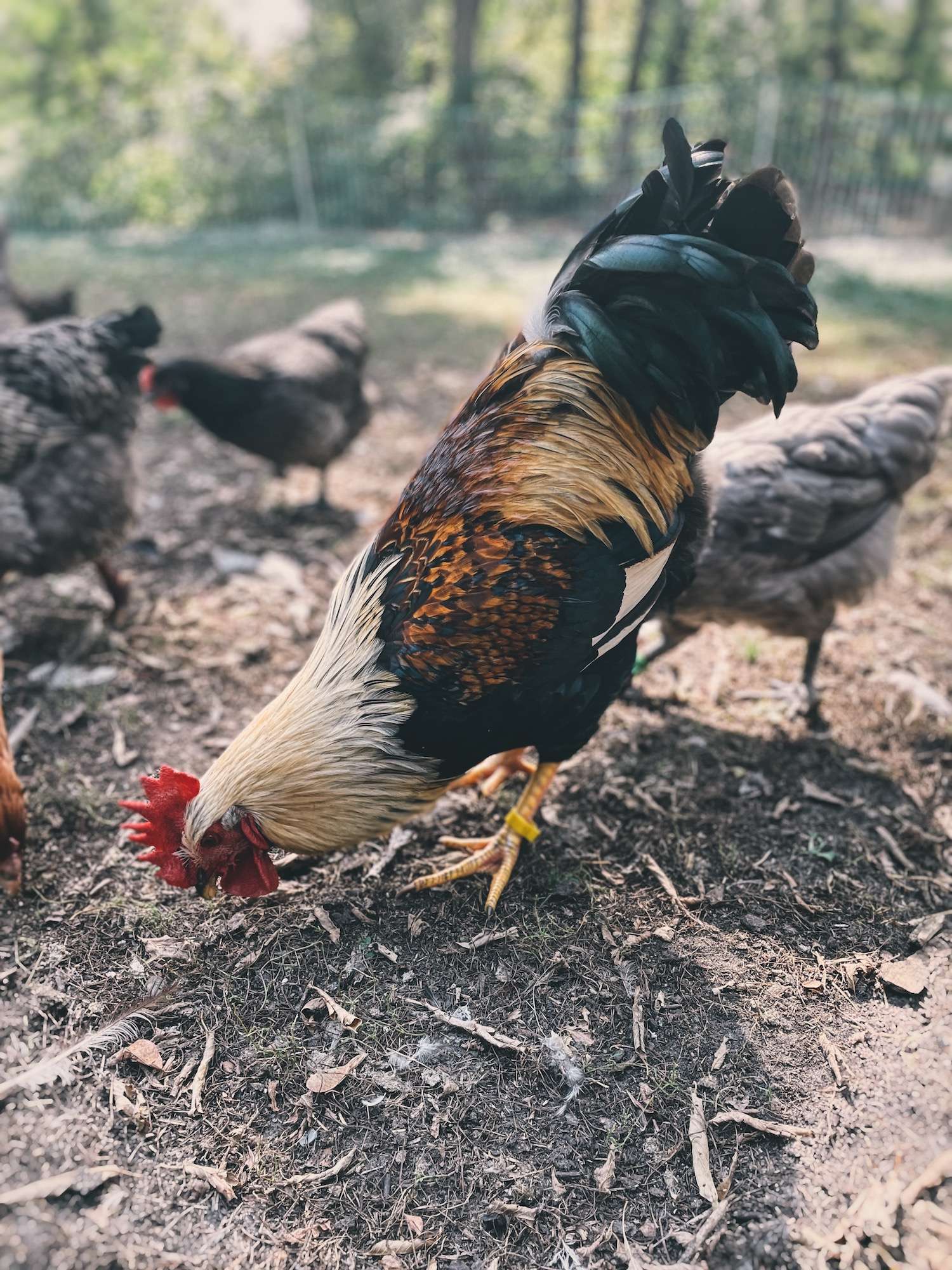
Feeding: A 2 month old rooster should be fed a high-protein diet, such as a commercial poultry feed, to ensure growth and development. For a 5 and 4 month old rooster, the diet should be gradually transitioned to an adult feed.
Housing: All roosters should be provided with a comfortable, spacious, and secure coop. A 2 month old rooster may need to be kept in a separate enclosure or coop from older roosters to prevent bullying.
Exercise: All roosters should have access to a safe and secure outdoor area for exercise and exploration. A 2 month old rooster may need extra supervision to ensure it does not get lost or injured.
Health & Safety: All roosters should be monitored for signs of illness and injury. Roosters should also be vaccinated against common poultry diseases. A 2 month old rooster may need to be vaccinated more frequently than a 4 or 5 month old rooster.
Grooming: All roosters should be regularly groomed to ensure their feathers are healthy and clean. A 2 month old rooster may need more frequent grooming as it is still growing and developing its feathers.
Feeding Requirements


A 2 month old rooster in chicken husbandry typically requires a high protein diet. The diet should consist of a commercially available starter feed, which contains a high level of protein, vitamins, and minerals. Additionally, provide a source of calcium, such as oyster shell, to help ensure proper bone development. The feed should be offered free-choice, and the rooster should be allowed access to the feed throughout the day. A clean and fresh water source should also be provided. It is important to monitor the rooster’s diet to ensure that it is receiving the proper nutrients. If the feed is not consumed within a few hours, it should be discarded to prevent spoilage.
Housing Requirements


A 2 month old rooster should be provided with a spacious and secure shelter. The shelter should be made of strong and durable material and should be equipped with adequate ventilation, insulation and protection from the elements. The shelter should be large enough for the rooster to move around, scratch and dust bathe. It should also provide a dry and comfortable area to sleep. The shelter should be cleaned regularly and should be made predator-proof. Perches and roosts should also be provided in the shelter. It is important to provide enough space between the perches so that the rooster can easily move around. In addition, there should be enough space for the rooster to move around and have sufficient access to food, water, and shade.
Health Considerations


At 2 months old, roosters have just begun entering the stage of adulthood. During this time, they are especially vulnerable to diseases and parasites. It is important to watch your 2 month old rooster closely for any signs of illness or poor health. Vaccinations may be necessary depending on the environment in which the rooster is kept.
Parasites
Parasites can be an issue with all ages of roosters, but it is especially important to keep an eye out for parasites in 2 month old roosters. Deworming is essential to prevent parasites from taking over your rooster’s body. Your local veterinarian can help you identify the types of parasites that may be present in your rooster’s environment and prescribe the appropriate deworming medications.
Vaccinations
Vaccinations may be necessary for 2 month old roosters, depending on the environment in which they are kept. Vaccinations are also important for roosters that are 5 and 4 months old, as these roosters may be more susceptible to certain illnesses. Common vaccinations for roosters include fowl pox, Marek’s disease, and Newcastle disease.
General Health
In addition to parasites and vaccinations, it is important to keep an eye out for any signs of illness in your 2 month old rooster. Common signs of illness may include lethargy, difficulty breathing, or loss of appetite. If you notice any of these signs, it is important to contact your local veterinarian as soon as possible.
| Age of Rooster | Parasites | Vaccinations |
|---|---|---|
| 2 Month Old | Yes | Possibly, depending on environment |
| 4 Month Old | Yes | Yes |
| 5 Month Old | Yes | Yes |
Preparing for the Rooster’s Growth
- 2 month old rooster: Begin to introduce the rooster to a more varied diet, including different types of grains, fruits, and vegetables. Establish a daily routine and provide a safe, secure area for the rooster to sleep.
- 4 month old rooster: Increase the rooster’s diet to include more protein-rich foods, such as mealworms, crickets, and other insects. Provide plenty of fresh, clean water in a shallow container and keep the rooster’s feathers in good condition with regular grooming.
- 5 month old rooster: Provide a larger enclosure for the rooster, with plenty of space to roam and explore. Give the rooster plenty of treats and toys to keep it active and stimulated. Monitor the rooster’s health carefully, and visit a veterinarian if anything seems amiss.
Interacting with the Rooster
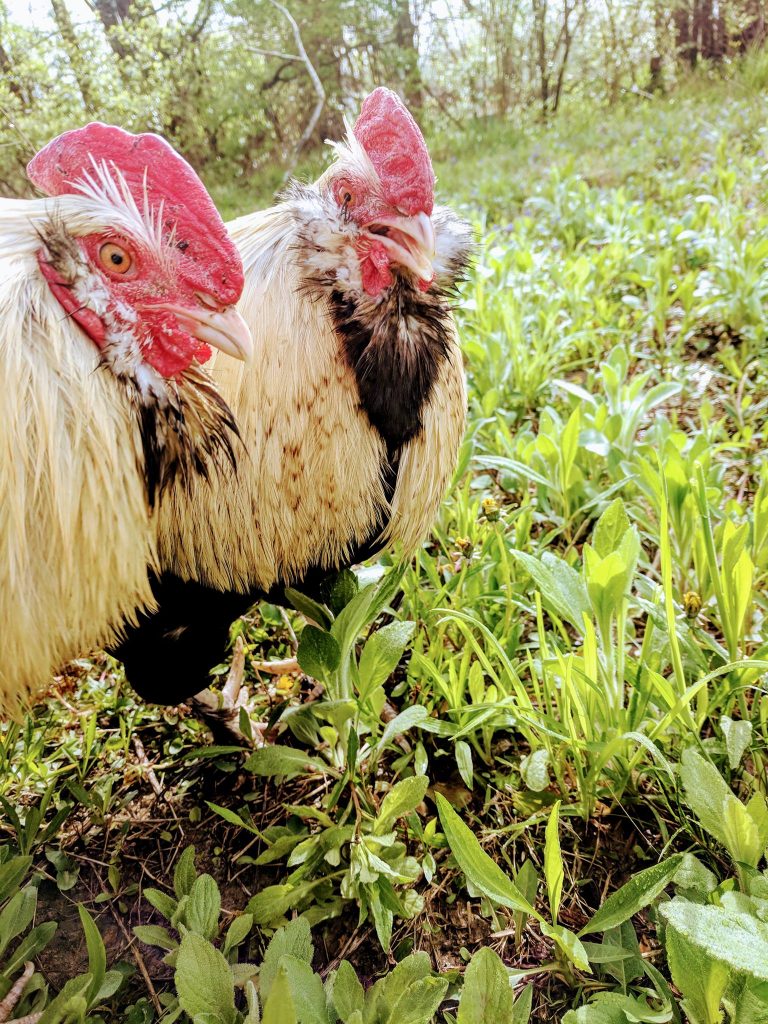
- Introduce yourself: When interacting with your 2 month old rooster, start by introducing yourself and letting him know who you are. This will help him recognize you and build trust between you.
- Speak softly: Speak softly and calmly to your rooster when interacting with him. This will help him relax and trust you more.
- Let him explore: Allow your rooster to explore his surroundings. As he gets older, he will become more familiar with his environment and grow more comfortable.
- Offer treats: Offer your rooster treats as a reward for good behavior. This will help him get used to your presence and build a bond between the two of you.
- Be gentle: When handling your rooster, be gentle and patient. Roosters, especially 2, 4 and 5 month old roosters, can be easily startled and scared, so always be mindful of your actions.
- Pay attention: Pay attention to your rooster’s body language. This will help you understand what he is trying to communicate and how he is feeling.
Establishing a Routine
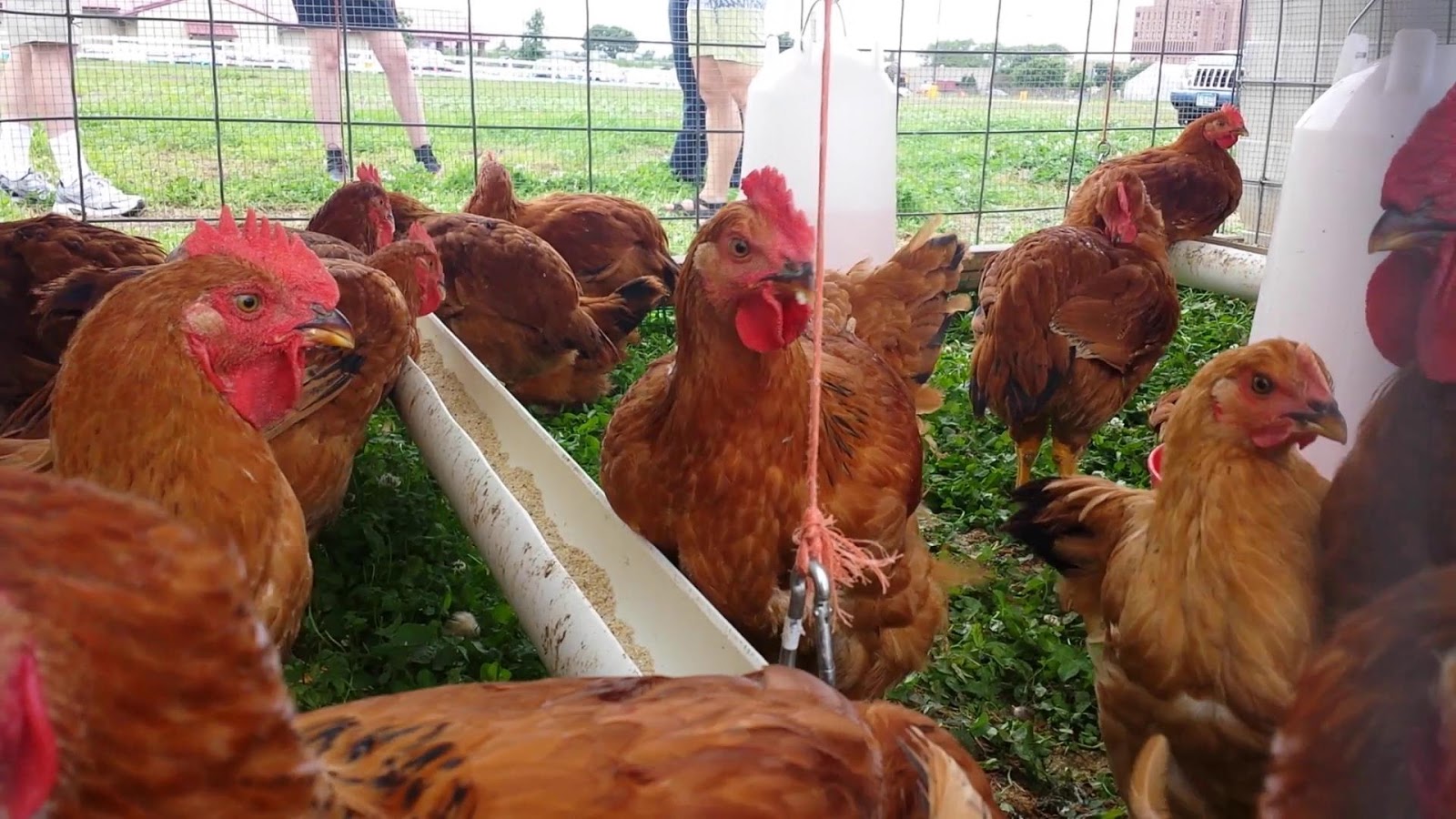
- Place 2 month old rooster in a warm, dry, and well-ventilated area.
- Offer a variety of food and water sources for the 2 month old rooster.
- Ensure the 5 month old rooster has adequate access to food and water.
- Create a regular routine for the 4 month old rooster that includes exercise and playtime.
- Provide a comfortable and secure sleeping area for the rooster.
- Provide ample space for the rooster to roam and explore.
- Offer toys and other objects to keep the rooster occupied.
- Monitor the rooster’s behavior and health closely.
- Check the rooster’s food and water sources regularly.
- Clean and disinfect the rooster’s living area regularly.
Caring for the Rooster During Illness
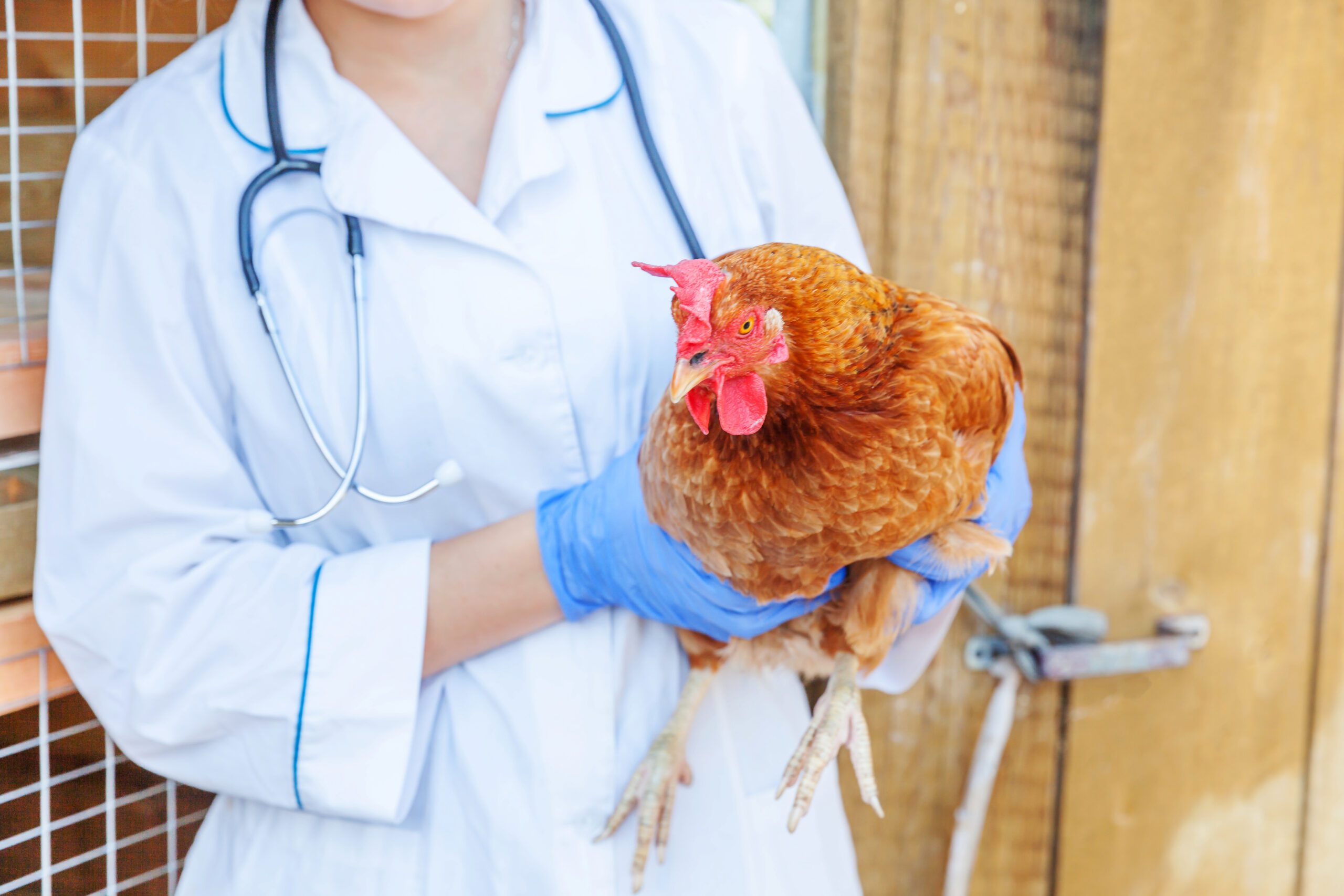
- Early Detection Is Key – It is important to recognize the signs of sickness in a 2 month old rooster, 5 month old rooster, or 4 month old rooster early on. Symptoms such as a decrease in appetite, decrease in egg production, droopy feathers, and labored breathing can all be signs of an illness.
- Proper Treatment – It is important to consult your veterinarian for proper diagnosis and treatment. Treatment may include antibiotics, dietary changes, or even supportive care, depending on the diagnosis.
- Isolation – If the rooster is ill, it is important to separate them from the flock and provide a clean, comfortable environment. Keeping the rooster warm and in a quiet space can help reduce stress and aid in recovery.
- Nutrition – Providing a balanced diet for your rooster is important for their overall health. Feeding a diet high in protein and adding probiotics or vitamins to the diet can help support a healthy immune system.
- Cleaning – Regularly cleaning the rooster’s cage and environment can help reduce the spread of disease. It is important to use a mild disinfectant to help prevent the spread of germs.
- Prevention – Taking steps to prevent illness can help keep your rooster healthy. Vaccinations and parasite control are both important steps that should be taken to ensure the health of your rooster.
Managing Rooster Aggression
- 2 month old roosters are typically still in their adolescent stage and may exhibit behaviors such as pecking and chasing. This can be managed by providing a distraction such as a toy or another bird in the flock.
- 5 month old roosters may be more territorial and aggressive towards other birds in the flock, especially if they feel threatened. This can be managed by providing adequate space and providing plenty of food and water for all birds.
- 4 month old roosters may start to become aggressive towards humans. This is natural behavior for roosters and should be managed by providing an area for the rooster to retreat to when feeling threatened and providing plenty of perching opportunities.
It is important to understand the signs of aggressive behavior in roosters so that you can manage it effectively. Roosters may show signs of aggression such as ruffling of feathers, head bobbing, or lunging. If a rooster is being overly aggressive, it is important to remove it from the flock and take steps to calm it down. Roosters can also be trained to be less aggressive. This can be done by rewarding gentle behavior and ignoring aggressive behavior. Finally, it is important to remember that roosters are very social animals and need daily interaction and stimulation. Providing plenty of toys and activities can help to keep them content and less likely to show aggressive behavior.
Frequently Asked Questions
How often should I feed the 2 Month Old Rooster?
A 2 month old rooster should be fed twice a day, once in the morning and once in the evening. The diet should include a variety of grains and vegetables as well as protein-rich sources such as mealworms and insects. During the winter months, it is important to ensure that the rooster has access to fresh water and feed at all times. It is also important to provide the rooster with enough room to move around and exercise.
What type of feed is best for a 2 month old rooster?
- Starter Feed – Starter feed is a specially formulated feed that is designed to provide essential nutrition to young chickens. It usually consists of a high-protein formula specifically designed to help chicks grow and develop quickly. The feed should contain between 18-22% protein, as well as calcium and other essential vitamins and minerals.
- Grower Feed – When a rooster reaches two months of age, it is usually time to switch to a feed specifically designed for growing chickens. Grower feed usually contains between 14-16% protein, and is designed to help the rooster reach its optimum weight in the most efficient way possible.
- Scratch Feed – Scratch feed is a great supplement to the regular feed that can be given to a two-month-old rooster. It usually consists of cracked corn, oats, and other grains, and is a great source of energy for the birds. Scratch feed should only be given in moderation, however, as too much of it can cause digestive issues.
It is important to remember that all of these feeds should be supplemented with a source of calcium for healthy bone and feather growth. Additionally, fresh water should always be available to the rooster.
What Kind of Housing Should I Provide for the 2 Month Old Rooster?
A two-month-old rooster should be provided with an enclosed, secure outdoor space to ensure their safety. The enclosure should be predator-proof and provide the rooster plenty of room to move around and explore. The enclosure should also provide access to direct sunlight, shade, and a safe place to roost. The floor should be well-drained and covered with a generous layer of straw or other bedding material. To provide the rooster with mental stimulation, the enclosure should include perches, scratching posts, and other items for the rooster to interact with.
Are there any specific health concerns I should be aware of with a 2 month old rooster?
Parasites and Coccidiosis: Two potential health concerns for two-month-old roosters are parasites and coccidiosis. Parasites can cause weight loss, anemia, and poor feathering in roosters, while coccidiosis can cause bloody or slimy diarrhea. Regular deworming and provision of coccidiostats can help prevent both of these health issues.
Marek’s Disease: Marek’s Disease is a viral infection that affects chickens, and it is particularly dangerous in young birds. Vaccinating against Marek’s Disease is the best way to protect two-month-old roosters from this potentially deadly disease.
Fractures: Roosters are known to be active and sometimes clumsy, and this can lead to fractures in young roosters. Keeping the roosters in a secure pen and providing a soft bedding material can help reduce the risk of fractures.
How Often Should I Inspect the 2 Month Old Rooster for Signs of Illness?
It is important to regularly inspect your 2 month old rooster for signs of illness, such as a loss of appetite, changes in droppings, or physical signs of distress. This should be done daily and any changes should be reported to your veterinarian immediately. Additionally, a weekly check-up by a veterinarian is recommended to ensure the health of your rooster.
Conclusion
Caring for a 2-month-old rooster in chicken husbandry requires providing adequate nutrition and shelter, protecting against parasites and predators, and ensuring the bird is comfortable and healthy. Regularly checking for signs of disease is also important. With the right care and attention, a 2-month-old rooster can live a long, healthy life in a chicken husbandry.
References
- 1. Broiler Management Guide (Purdue University)
- 2. Broiler Management (North Carolina State University)
- 3. Cockroaches in the Poultry House (USDA)
